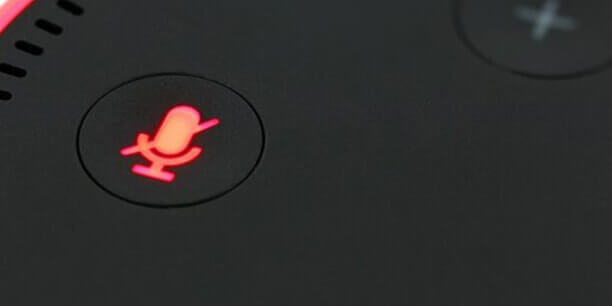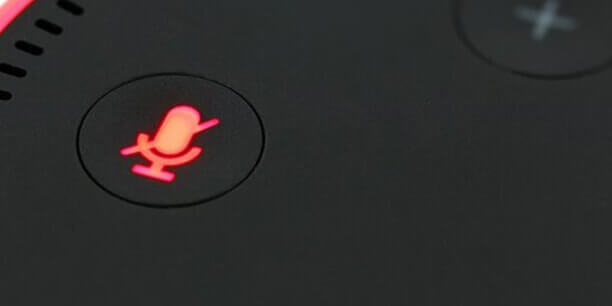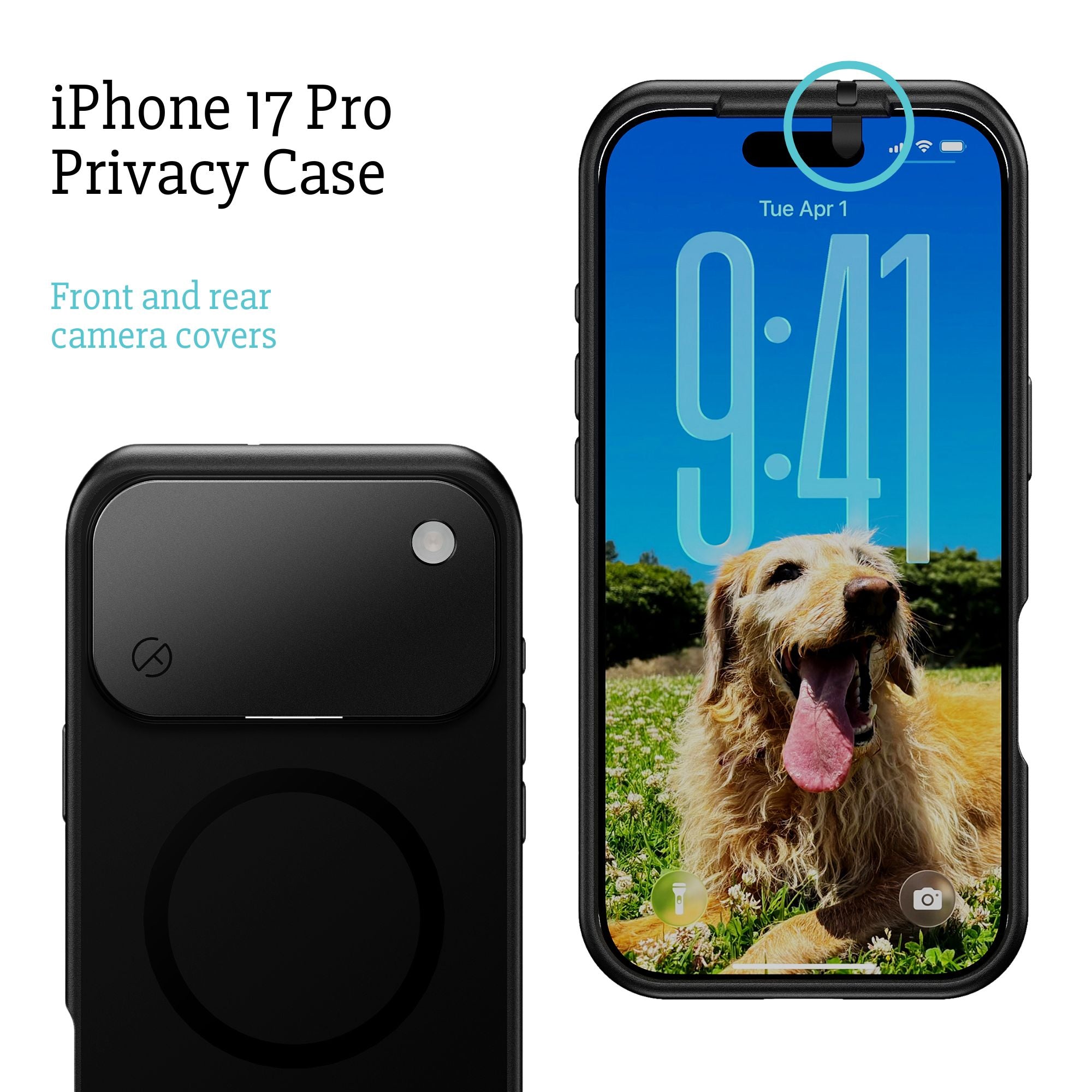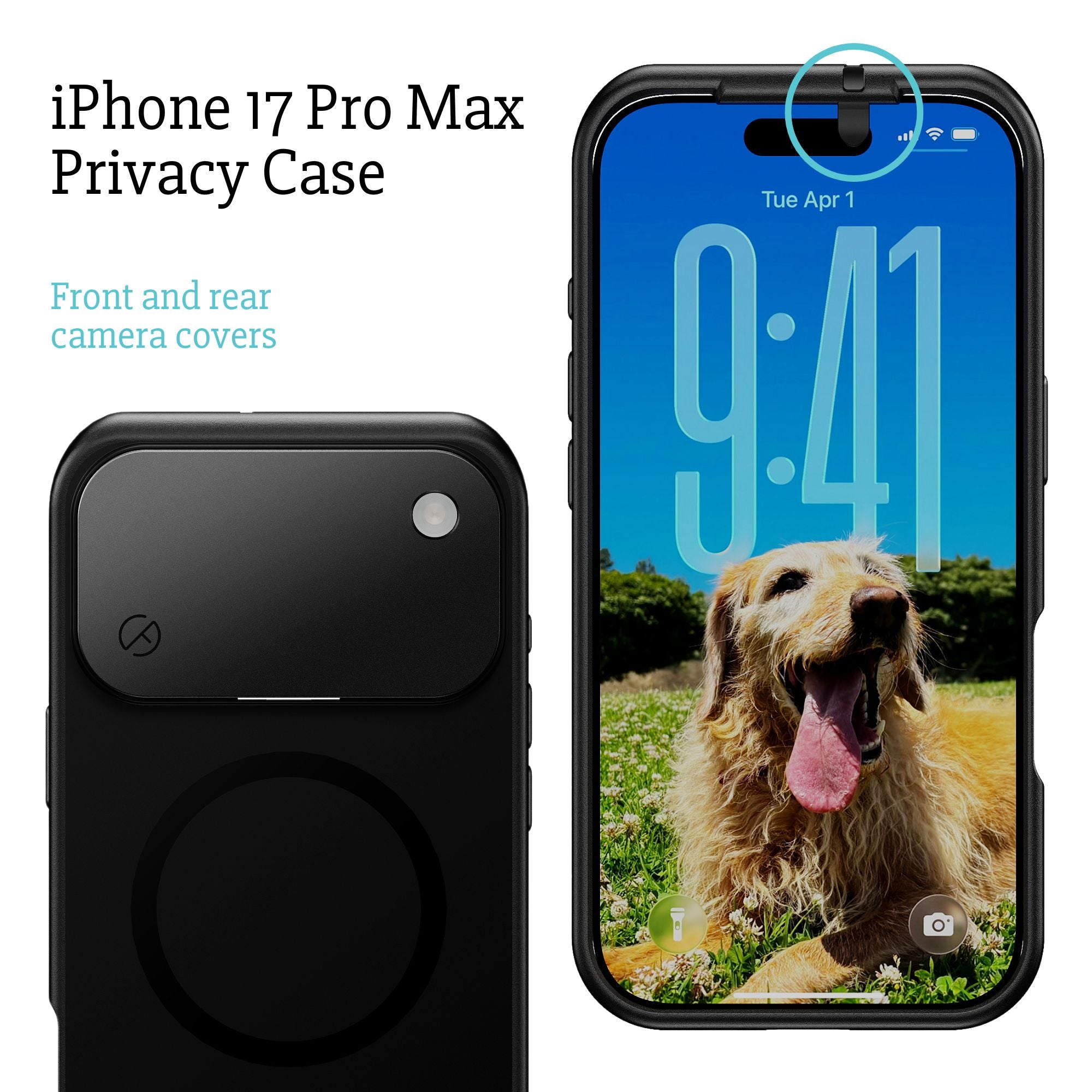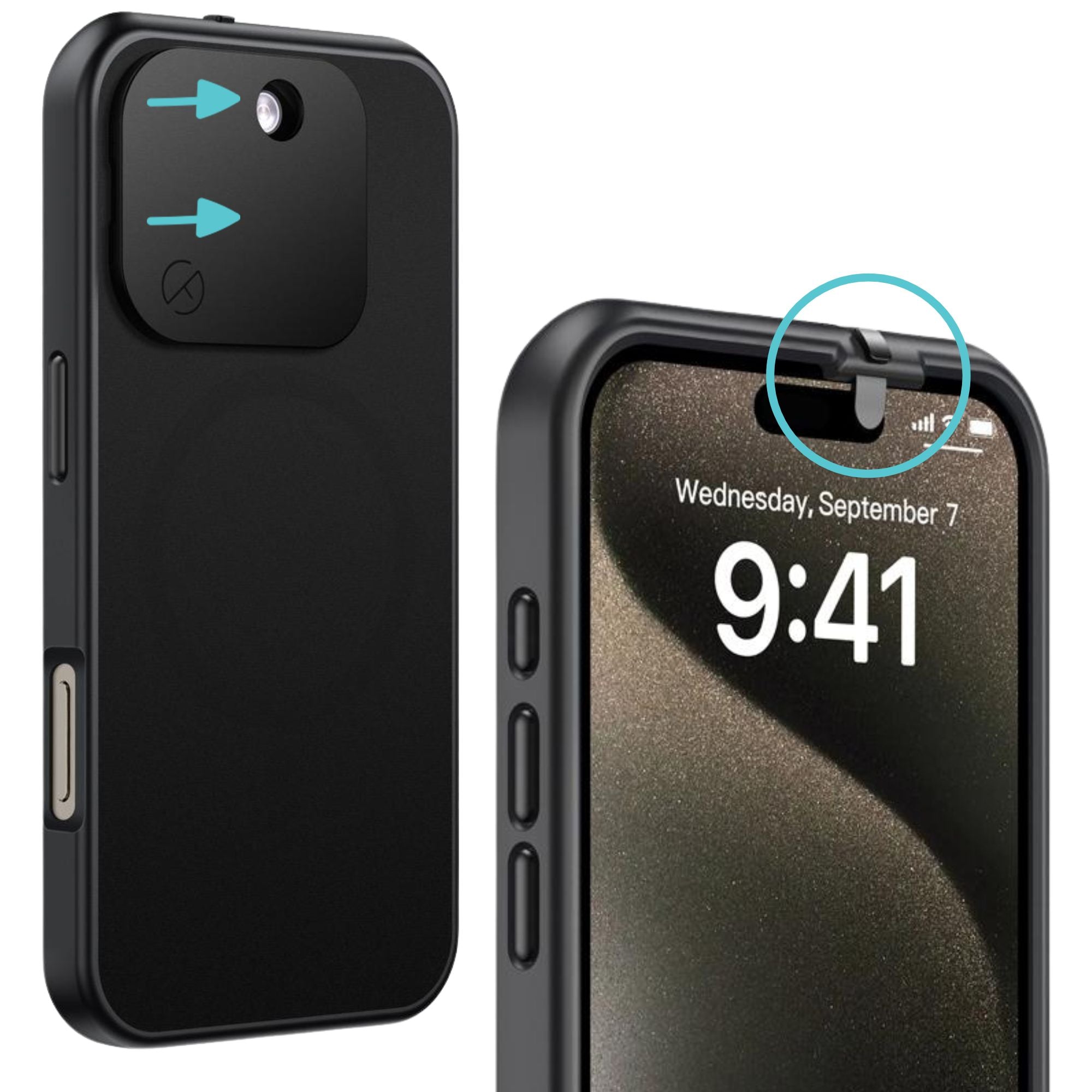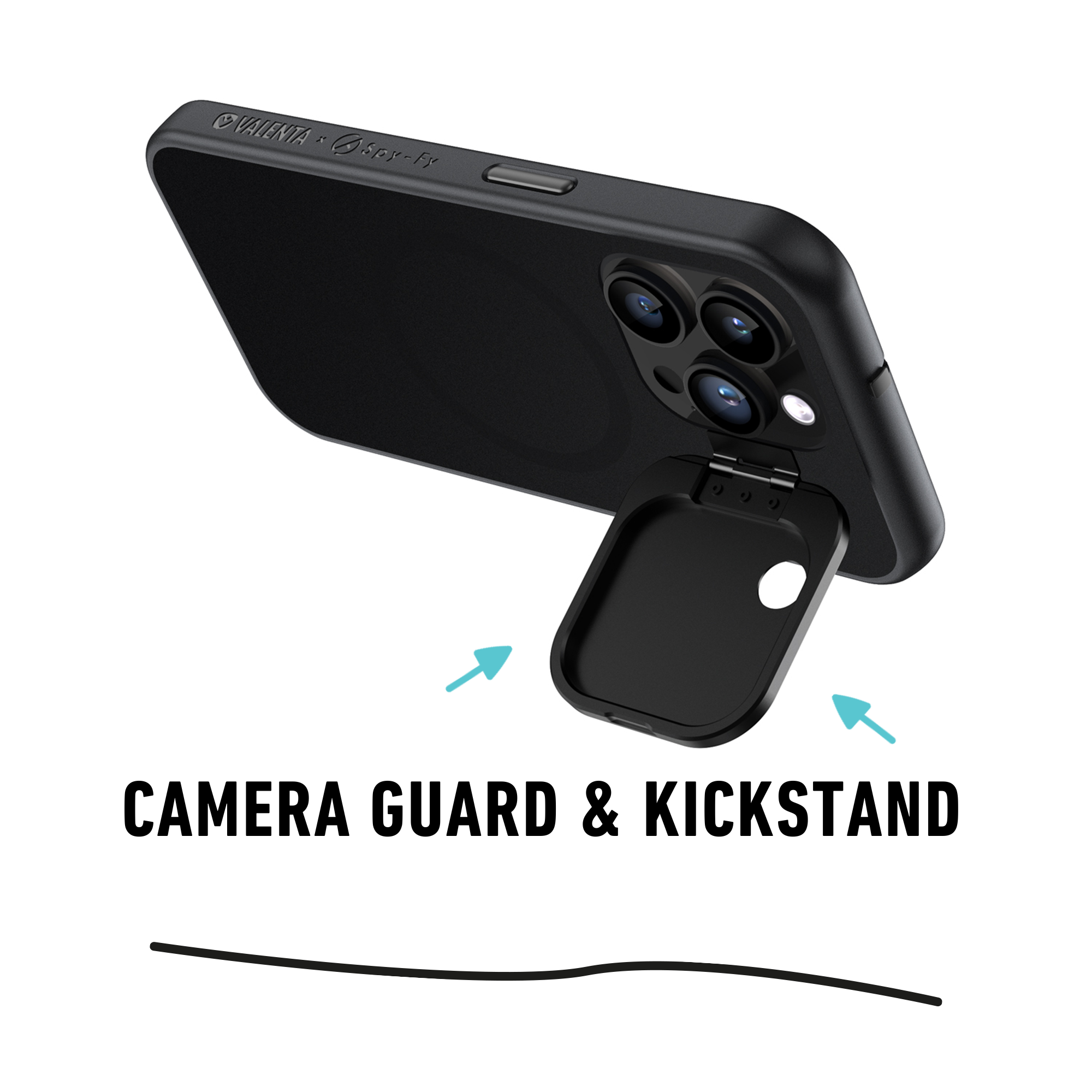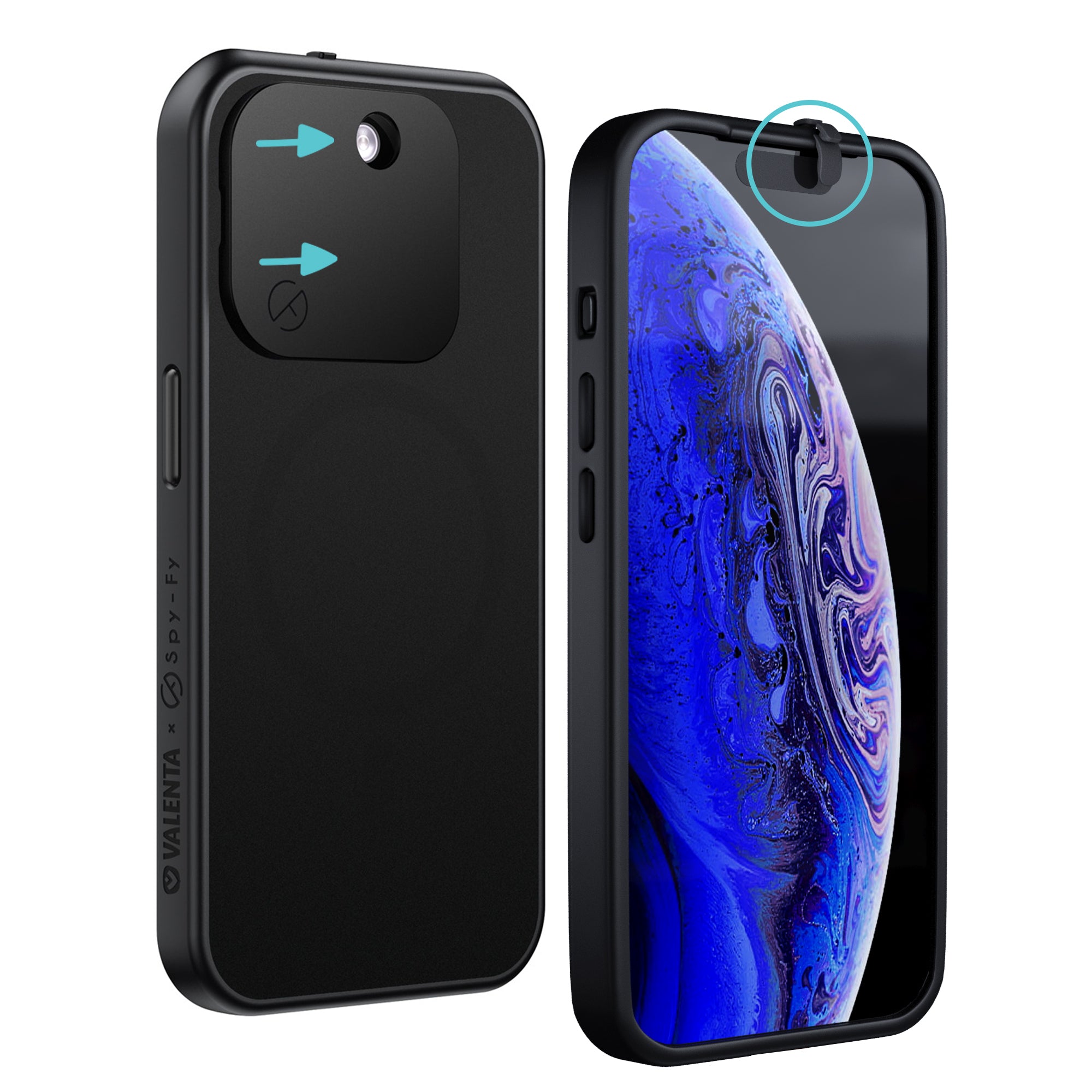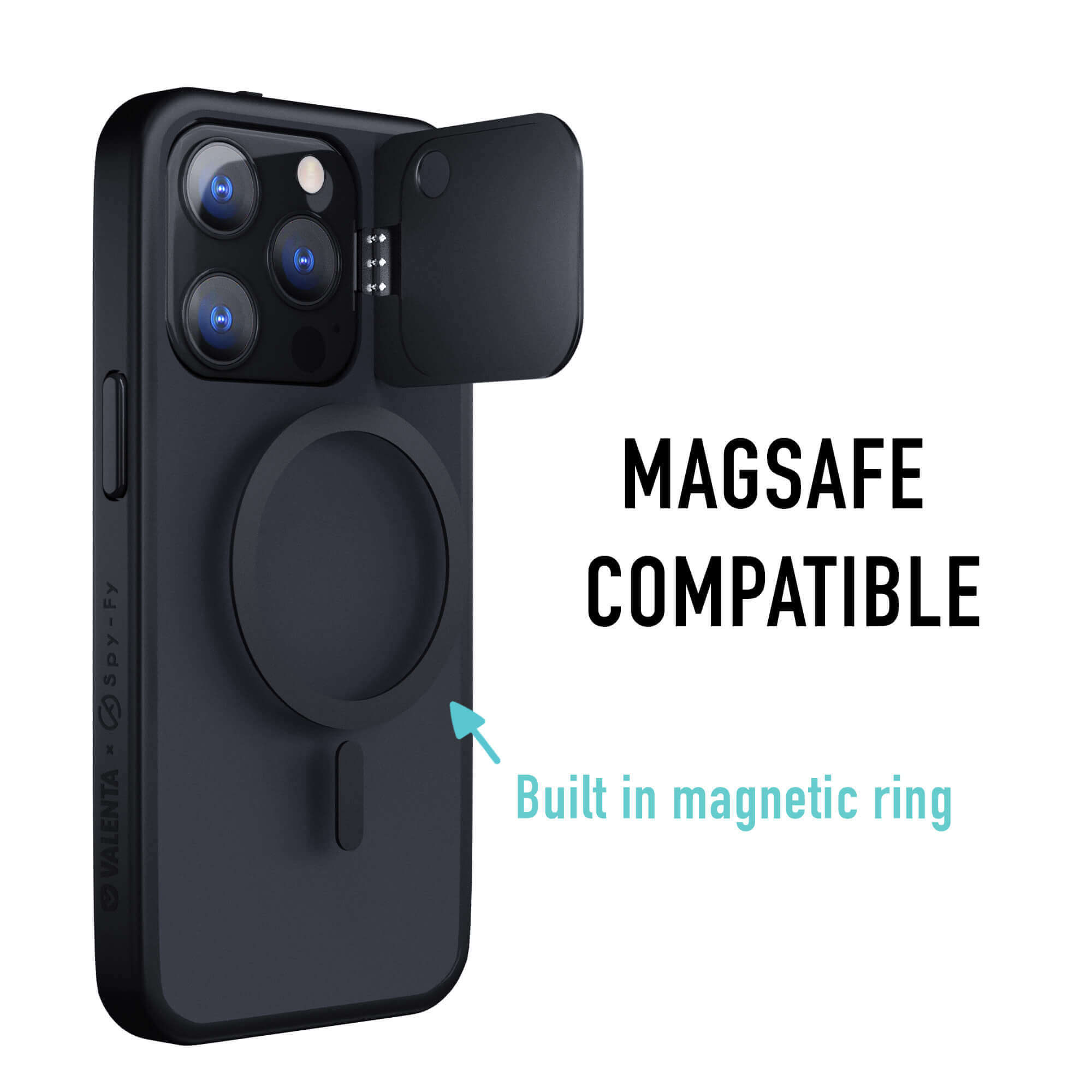Privacy! How much does it mean to us? We all love the idea of walking into our homes and conveniently using our voices to control the lights, temperature, turn on the television, make a phone call, check our email, etc. You know all those stuff smart home devices offer. However, have we taken time to think about how this affects our privacy?
A critical question to ask yourself is this – “what am I more concerned about? My comfort or the protection of my privacy?”
Interestingly, the Internet of Things is becoming more of a thing in our homes. We have various smart home devices like home management systems, smart security cameras, doorbells, thermostats, baby monitors and many others. However, we must understand the risks associated with this development. The simple fact is that these products need the internet to be able to communicate with you and other devices. There, right there is a security and privacy risk worth looking into.
The Privacy Risk of Smart Homes
We have watched in movies where smart homes are hacked and someone from the outside takes full control of the home, turning it against its owner. Let’s not even be that dramatic. Let us consider the simple but important issue of how the data we share over these devices are secured.
Login details, voice samples, passwords are only some of the data that are at risk here. These are information that an identity thief or any hacker will love to lay hands on.
Last year, Danielle and her husband were rudely alerted to the fact that their Echo Dot speakers had been recording some of their conversations and sending them to random contacts. The Portland, Oregon based family only discovered this after contact in Seattle, about 176 miles away alerted them to this.
The thought that this could be happening to you too is quite disturbing. However, that is not all. In this article on internetofbusiness.com, the findings of a security check by ESET was published. Sadly, the report showed that many of these devices were insecure. In fact, some were classified as being too insecure to use.
Protecting Your Smart Home Privacy
What can the average user do to mitigate the invasion of their privacy? As part of their report, ESET gave a few pointers that should help improve things.
Privacy Policy
First, take a look at the vendor’s privacy policy. You should be able to know exactly what information the vendor will be collecting. Be wary of any vendor without such a policy clearly stated. Once you understand this, you can then decide if it should be isolated or part of your home network.
Voice-Controlled Assistance
Using this can make you feel like you are living in the future. However, you need to understand that these features can open you up to privacy invasion. To avoid this, do the following:
- Be sure to set up voice recognition.
- Switch the device off when you do not need it.
- You should also turn it off if you consider your conversation to be very private.
- Find previous recordings of your communication and delete them.
Finally, spend some time researching likely vulnerabilities in a system before making a purchase. Constantly be on your guard and use these products with caution.
